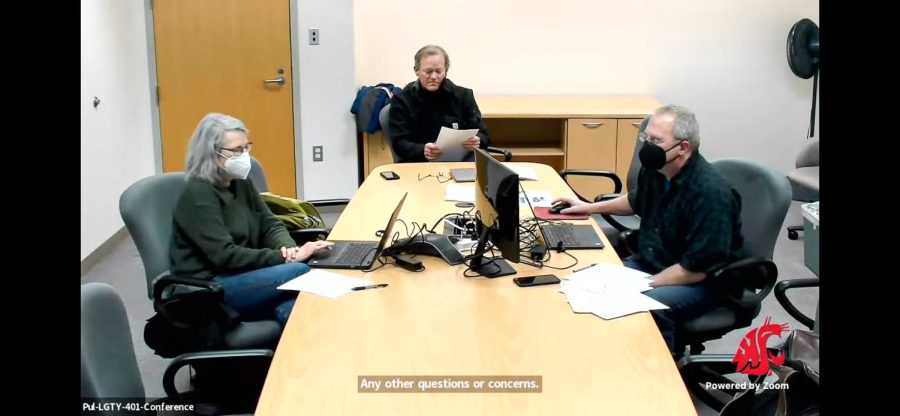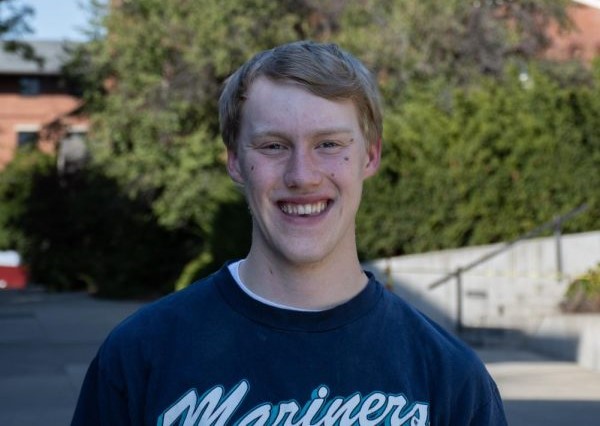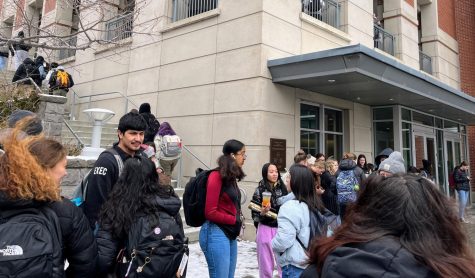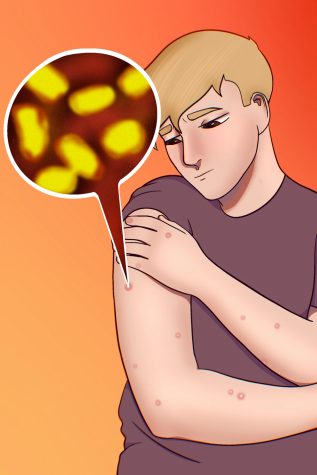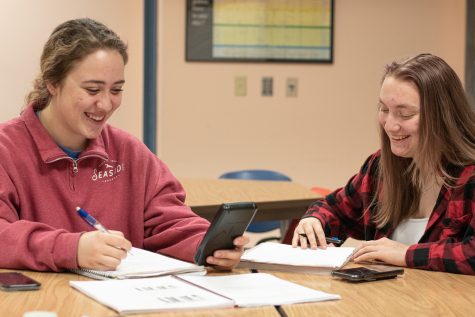Faculty Senate discusses COVID-19 response, classroom ventilation
One professors cites shortage of rapid tests as issue
January 22, 2022
With case numbers rising throughout Whitman County, Faculty senators expressed concern over the university’s handling of COVID-19 during their meeting on Thursday.
Whitman County is over 1,500 cases per 100,000 — higher than it has ever been in Whitman County, Faculty Senate Chair Doug Call said.
Senator Von Walden, professor of civil and environmental engineering, said he tested the amount of carbon dioxide in his two classrooms and found the concentration over 1,400 parts per million.
“If you’re in a room with no ventilation, people are going to get COVID,” Walden said.
Dogan Gursoy, hospitality business management professor, said the problem is testing; professors cannot afford to wait 24 hours for test results.
However, Call said the university does not have the money to purchase rapid tests for faculty and staff members.
Anthropology professor Jeannette-Marie Mageo said she was concerned with how some students choose not to wear their masks over their nose and mouth in the library, recreation center and hallways.
“Given we’re just about to experience a tsunami of COVID, this is a deep concern for our faculty,” she said.
Senator Eric Roalson said senators are waiting to learn how the university used federal COVID-19 stimulus money despite being promised an answer multiple times.
Action Items
The Senate unanimously approved a proposal to drop or revise the master’s plan previously required for the Ph.D. in Nutrition and Exercise Physiology.
The Senate also approved a revision to the Faculty Manual, which allows professors to submit a one-page letter to the provost if they are applying for a promotion against the recommendation of their dean.
The Senate approved the creation of a new psychology course: Embodied and Embedded Cognition and revised the Seminar in Quality Indicators for Research in Special Education to count for up to 10 hours if repeated versus the previous maximum credit of three hours.
Discussion Items
Senators discussed allowing the Computer Science and Criminal Justice and Criminology Ph.D. programs to revise or drop their master’s plan.
The Senate also discussed adding rule 26 to academic regulations. Rule 26 is the minimum required credits for full-time undergraduate, graduate and professional students, according to the agenda.
To be considered a full-time student, undergraduates must take at least 12 credits per semester, graduate students at least 10 credits per semester, and professional students at least 5-10 credits depending on the program, according to the agenda. If approved, this rule would be listed in the academic regulations rather than just the WSU Catalog.
Constituent Concerns
Kiwamu Tanaka, plant pathology associate professor, shared a concern regarding the pay of agricultural employees. Tanaka said because of a Washington state Labor and Industries rule, the WSU agriculture department cannot afford to pay as many workers because of a higher benefit required.
One example of this is the pathology program, which typically hires between 20 and 24 seasonal workers and pays a total of $120,000. Under the current salary requirements, the program can only afford to hire about 14 workers for a total of $200,000, he said.
Tanaka said the agricultural program could shrink because of this rule.

